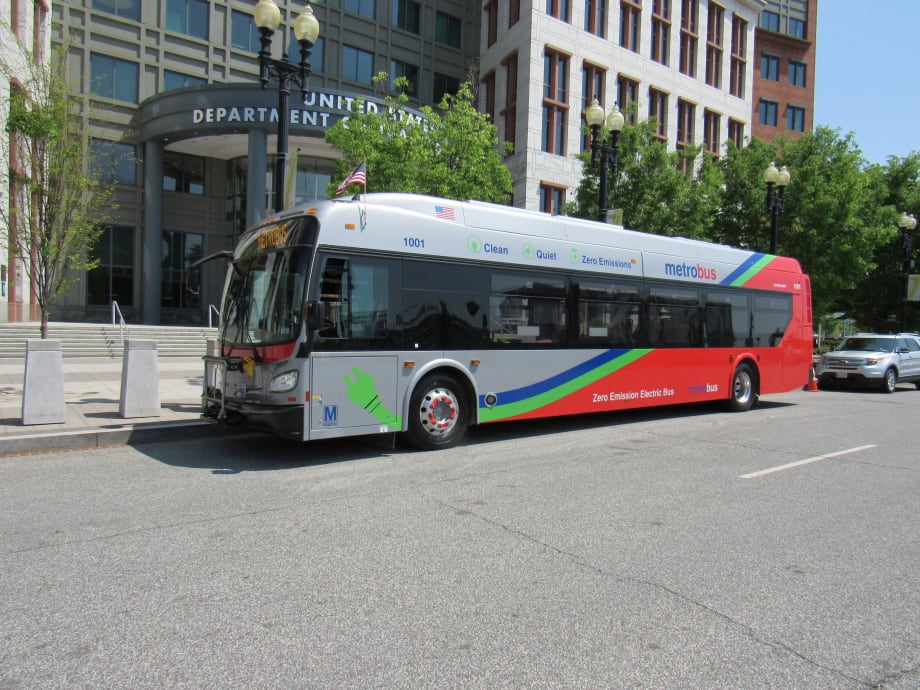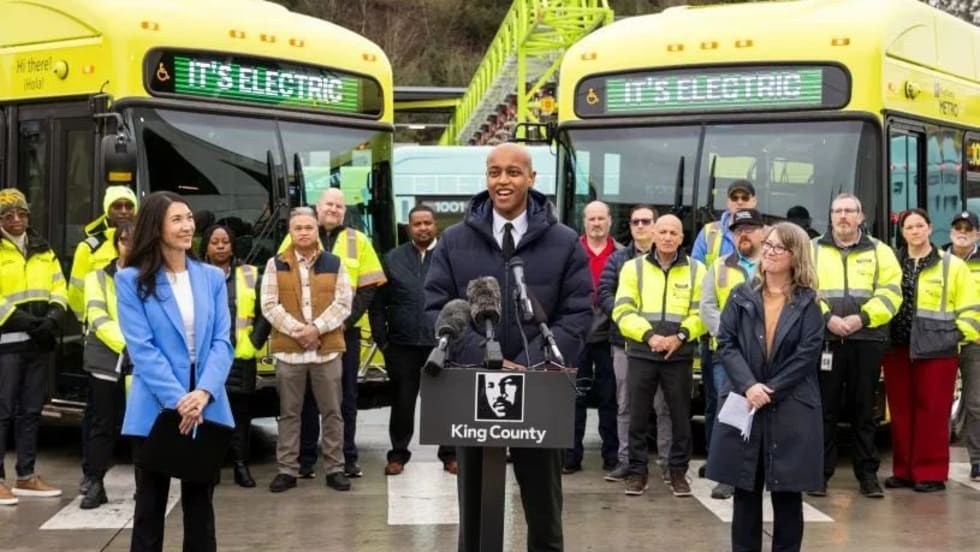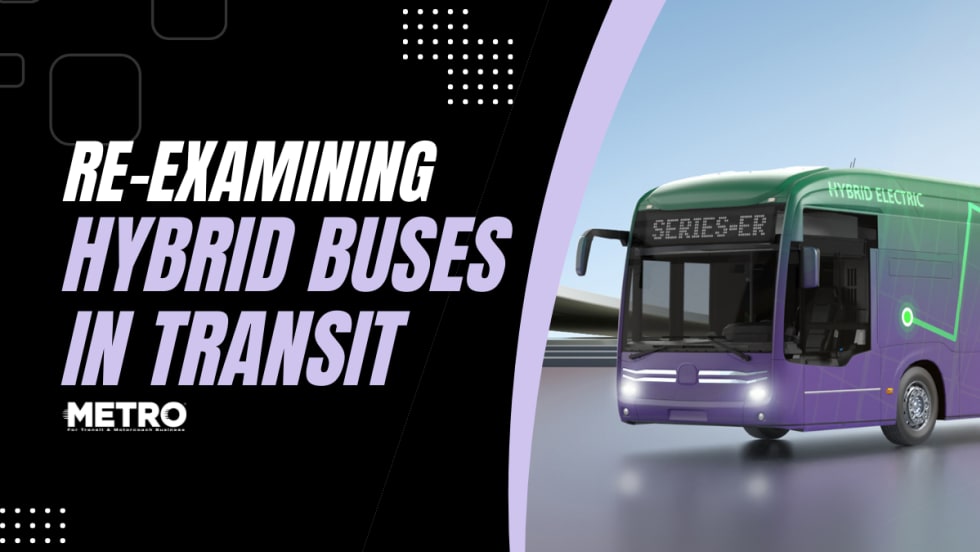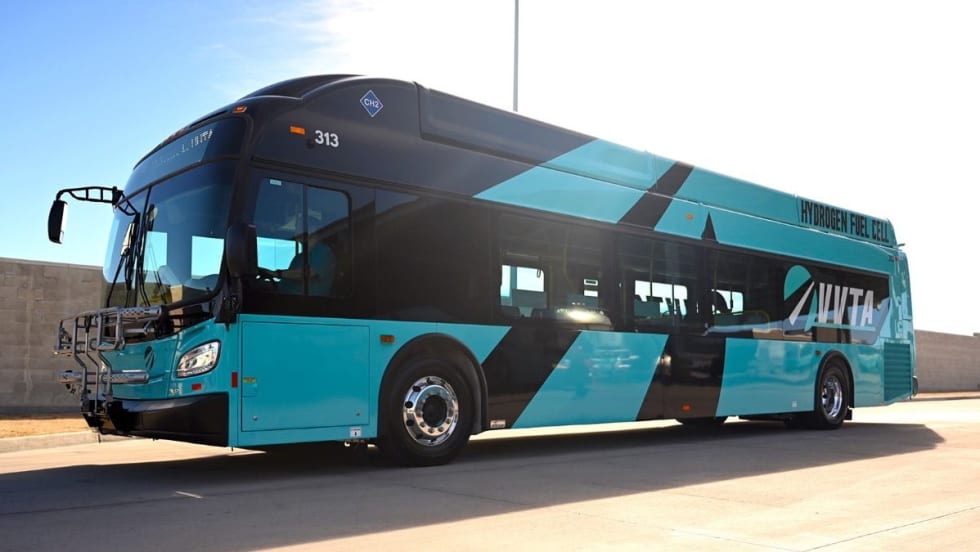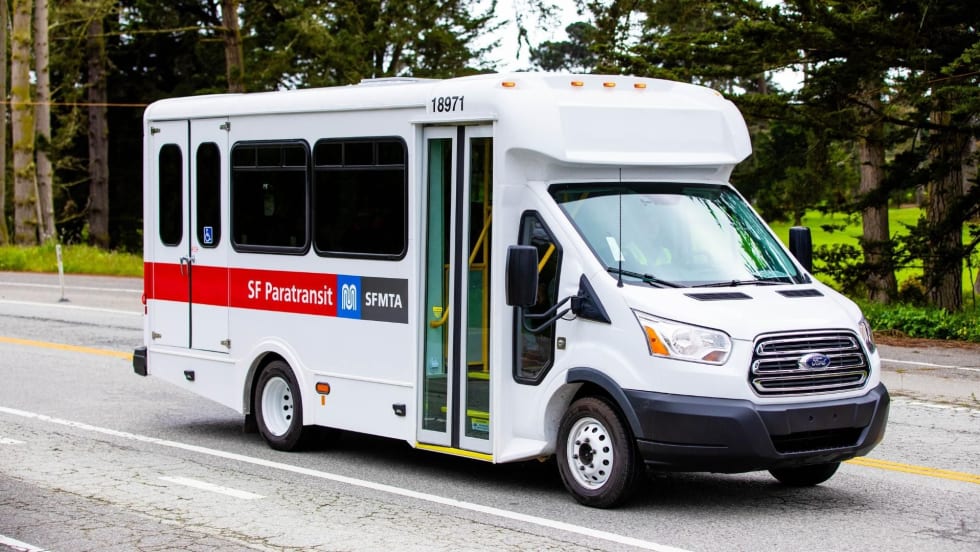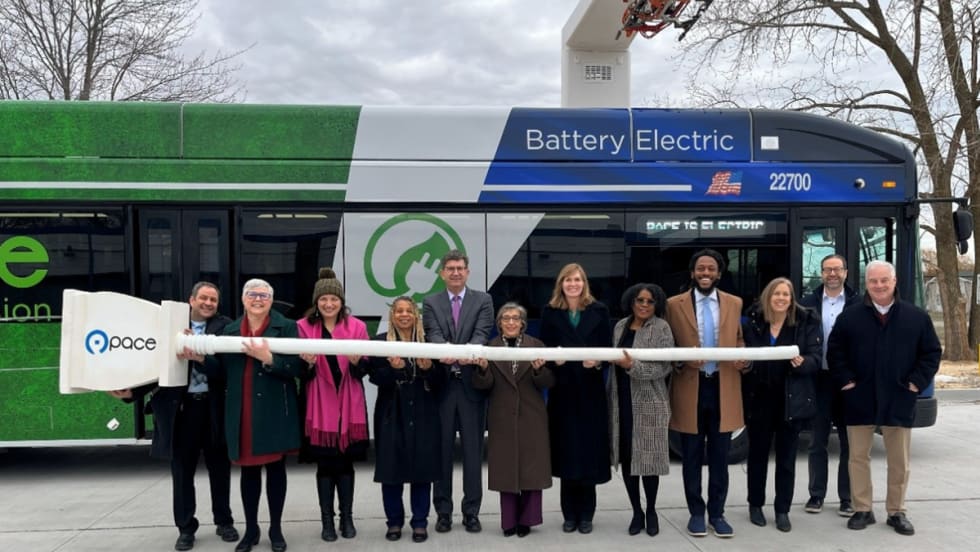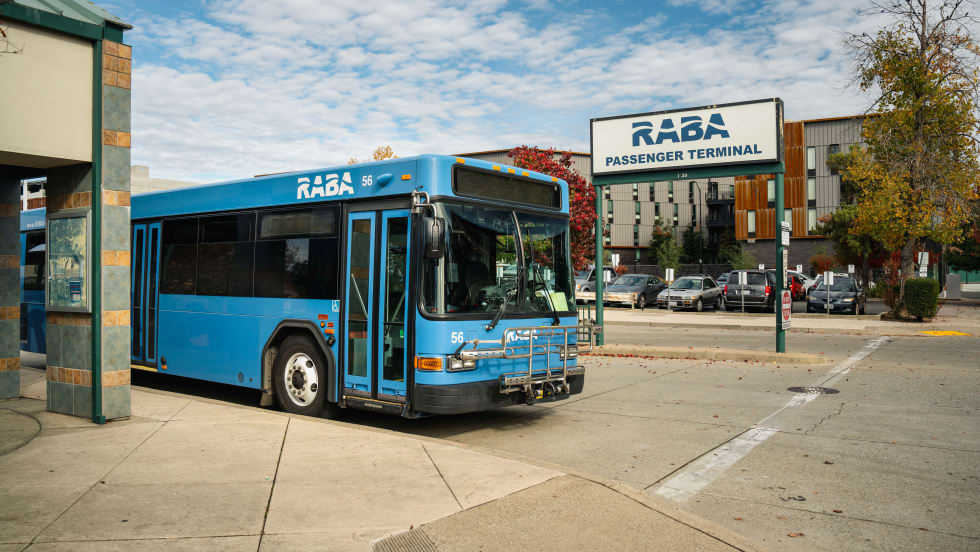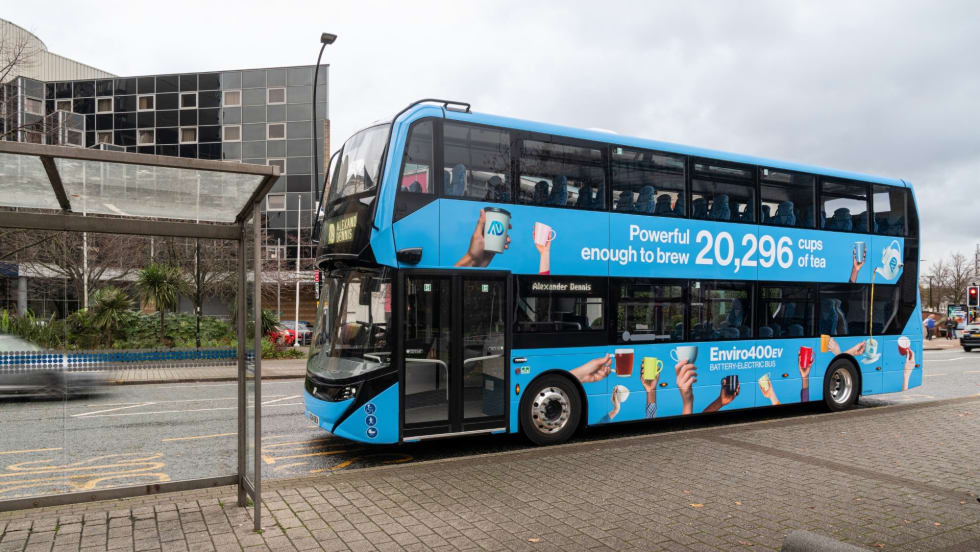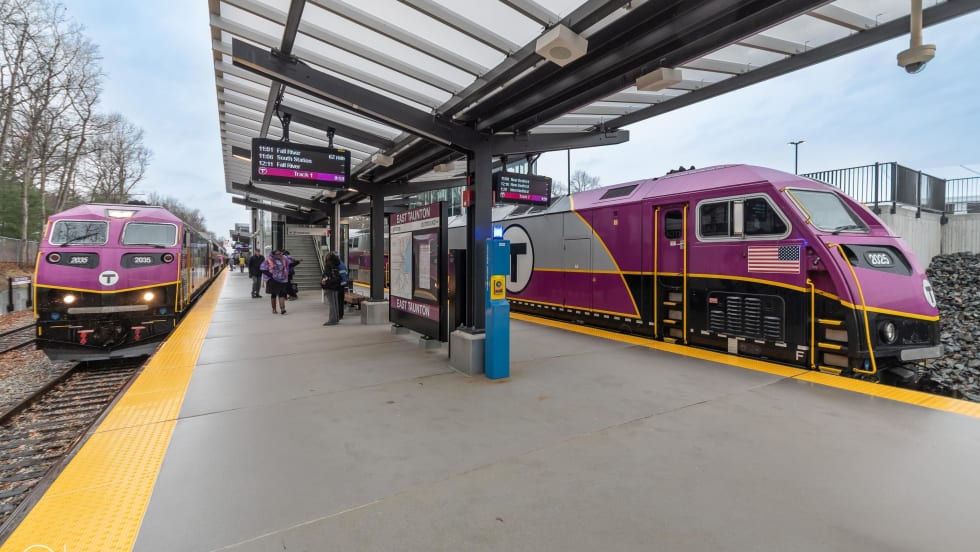Virginia’s Community Climate Collaborative (C3) released a new report to inform localities on the best alternative fuel options aligned with climate objectives, public health, environmental justice, fiscal responsibility, and service quality.
The report, “Alternative Fuels for Transit Buses: What’s the Best Option for Your Transit Agency? (Vol.1),” focuses on three alternative fuel choices — battery-electric buses (BEBs), compressed natural gas (CNGs) buses, and fuel-cell electric buses (FCEBs) — and their ability to meet ridership needs as a sustainable solution for public transit.
“Shifting from diesel-powered bus fleets to zero-emissions buses is one of the first steps cities can take to lead on climate,” said Susan Kruse, executive director of C3. “Cities across the country, and even the world, are already electrifying bus fleets and developing a new framework to provide reliable and sustainable transportation solutions that meet the needs of people. This report will help localities understand what alternative fuel options exist and how to maintain communal spaces free from pollution.”
The C3 Report
C3 includes original research through surveys, interviews, and an exhaustive analysis from peer-reviewed and gray literature looking at BEBs, CNGs, and FCEBs.
Considering factors such as costs, environmental impact, community health, safety, and market trends, BEBs rank as the preeminent choice amongst the three technologies considered.
Using a scorecard, C3 found that:
BEBs performed the best out of the three technologies studied.
FCEBs scored well overall but fell behind BEBs in terms of operating costs, short-term GHG reductions, and market/technology trends.
CNG buses scored the lowest on the whole, largely due to their negative health and environmental impacts, and were recommended to not be a future transit option.
“Across the board, Battery Electric Buses scored the highest in terms of operating costs, reduced greenhouse gas emissions, and favorable market trends,” said Caetano de Campos Lopes, director, climate policy, at C3. “The overwhelming majority of transit operators across the country shared that BEBs are proving to be just as reliable, if not more, than diesel buses, with minimal disruption and no harmful emissions. This is an exciting and promising solution for more cities to reach climate goals rooted in justice.”
Reason for Study
C3 initiated this study as Charlottesville City Council is expected to vote on an alternative-fuel technology for the Charlottesville Area Transit in October.
The organization is pushing for the council to adopt readily available zero-emission buses to reduce air pollution, protect health, save on long-term costs, and enhance the overall experience for riders and drivers.




